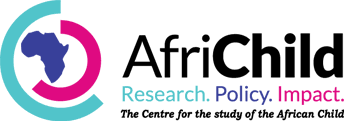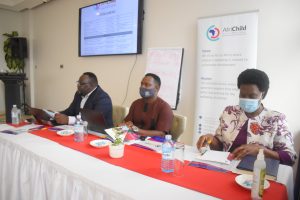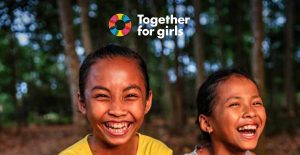Young people in Uganda are increasingly experiencing significant sexual and reproductive health challenges such as high cases of teenage pregnancy, early marriages, HIV and gender-based violence in schools. These challenges are partly due to the fact that they are confronted with conflicting messages and norms. From visual messages on TVS, internet, messages in newspapers and magazines to audio information heard over radios and cell phones, there is tremendous moral decay.
Nevertheless, there is a paucity of age-specific and age-appropriate information pertaining sexuality which is a key parameter for children to make important decisions. This is why it is inevitable for children to be exposed to Sexuality Education (SE). SE is a lifelong process of acquiring, learning and teaching acceptable information that is age, cultural and religious appropriate. It encompasses sexual development, reproductive health, interpersonal relationships, affection, intimacy, body image, and gender roles. It also addresses the socio-cultural, biological, psychological, and spiritual dimensions of sexuality by providing information; exploring feelings, values and attitudes; and developing communication, decision-making and critical-thinking skills. Wholly, SE forms attitudes, beliefs, and values about cognitive, emotional, social, interactive and physical aspects of sexuality and the evolution of the human body.
In the African Traditional Society, parents, aunties, uncles and community elders primarily shouldered the responsibility to inculcate values of sexuality to children and youth. With time, the Ugandan government extended sexuality education, through its various programmes such as the Presidential Initiative on AIDS Strategy to Youth (PIASCY) & the School Health Program (SHEP) to schools. Later, Non-Governmental Organizations also joined government to introduce various sexuality education programmes in schools. This created a web of sexuality education programmes and activities by different stakeholders in Ugandan schools. Furthermore, the Ministry of Education enacted the 2018 National Sexuality Education Framework which seeks to create an over-arching national direction for providing sexuality education in the formal education setting for young people specific to the Uganda context.
Despite the documented success in increasing awareness on responsible sexuality and reproductive health through these programs, there is still a gap in written materials that outline the appropriate standards for providing sexuality education in Uganda.
Gaps in sexuality education
- The Life Education Learning Area Syllabus that has components of sexuality education only covers lower secondary schools.
- Emphasis is more on HIV/AIDS education rather than the whole range of topics on sexuality education.
- Lack of written material dealing with standards for providing sexuality education.
Major skills to foster in sexuality education
- Deal effectively with friends, family, society and one’s environment in a proactive and constructive way.
- Appreciate and live with one’s self
- Adapt positive behavior, values and attitudes to deal effectively with the demands and challenges of everyday life
Recommendations to scale up sexuality education
- Early Childhood Care and Education: Establish ECD centers at every primary school and support community-based centers
- Child Protection: Advocate for the widespread acceptance and observance of the UNCRC
- Promote national identity for all young children right from birth
- Primary Health Care, Sanitation and Environment: Preventative healthcare for children
- Family Strengthening and Support: Promote parenting and child support programs
- Communication, Advocacy and Resource Mobilization: Develop and implement a comprehensive and sustainable National Integrated Early Childhood (NIECD) communication strategy.






